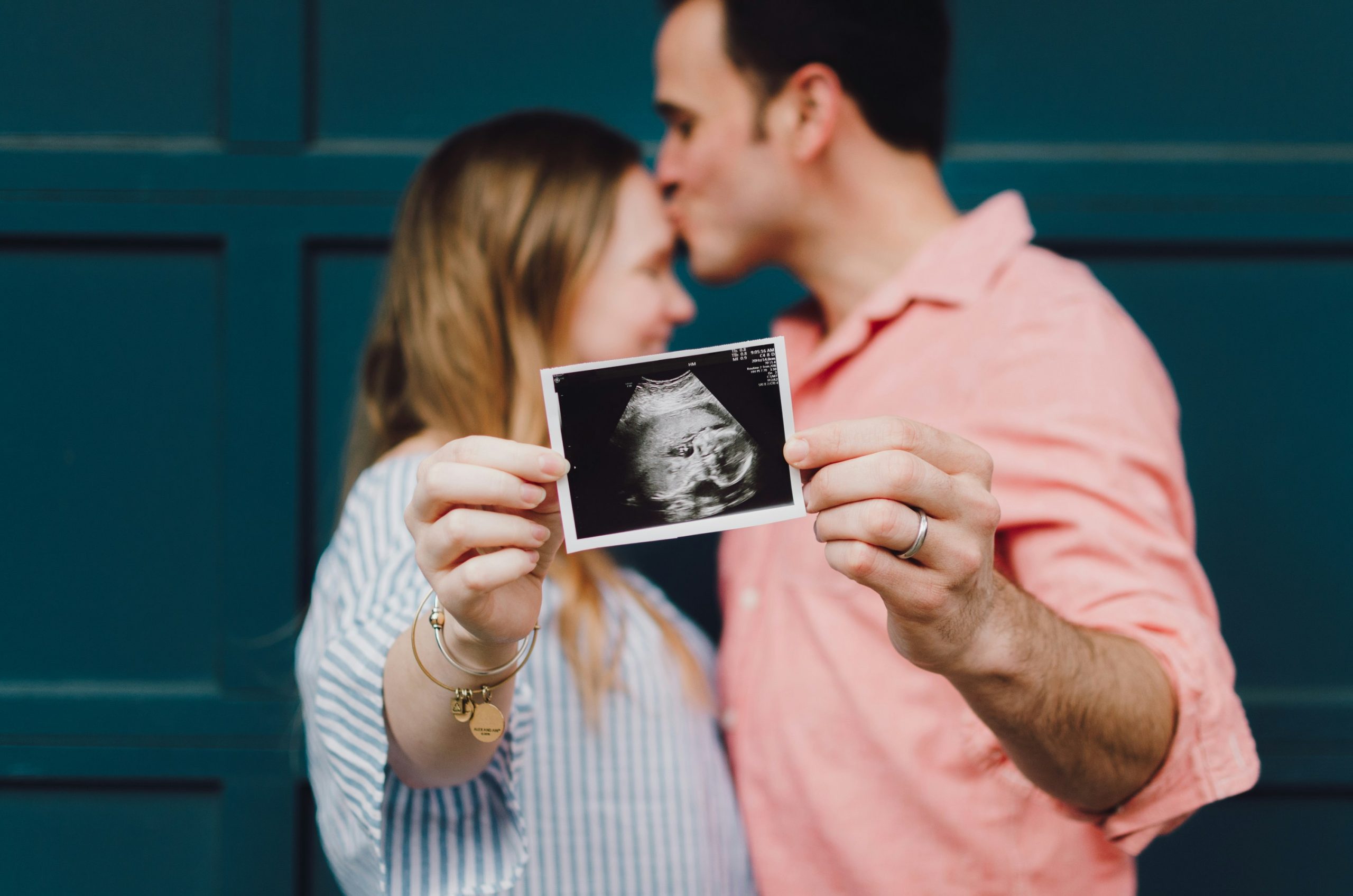Pregnancy, a second puberty for the brain
Pregnancy, a second puberty for the brain

It has been known for a while that pregnancy changes the brain. We had available data for humans and other mammals showing that after becoming mothers, women’s brains had undergone such profound changes that it is sometimes compared to the reorganization the brain suffers during puberty. What’s new then? A recent study 1 put a scientist inside a brain scanner before, DURING and after pregnancy for the first time.
Liz Chrastil, a neuroscientist at the University of California, put herself in a brain scanner 26 times in total for science. She wanted to contribute to uncovering what really happens to a woman’s brain during pregnancy. Although this is a single case study, it paves the way for future research on hundreds of women to see which changes are general and which specific, and even be able to understand what changes are linked to post-partum depression.
As during puberty, there were reductions in the gray matter volume in over 80% of the brain regions observed. Gray matter comprises mostly neuron bodies, while white matter contains mostly what we call nerves (axons and dendrites). Interestingly, and concurrently to the decrease in gray matter and cortical thickness, there was a marked increase in white matter integrity, ventricle volume and cerebrospinal fluid. While some changes appeared to be present only during pregnancy –such as the increased white matter integrity–, others, like the decreased gray matter, appear to last longer, at least two years (the period after delivering her child that Chrastil was scanned).
The extent of changes taking place during pregnancy highlights the plastic properties of the human brain, and how it adapts itself to the challenges of becoming a parent. The authors of the study are part of an initiative aiming towards mapping the maternal brain, the Maternal Brain Project, supported by the Ann S. Bowers Women’s Brain Health Initiative and the Chan Zuckerberg Initiative and collaborate with scientists in Spain to extend research to hundreds of women, allowing us to get a clearer picture of the changes taking place in mothers’ brains.
However, I would argue that, as interesting as this is, we cannot forget about the other great hormonal change that ALL women undergo in their lives: menopause. Research initiatives such as the one above should also include this life-changing process, which –probably– also greatly changes the brain. Maybe as much as pregnancy?
References
- Pritschet, L., Taylor, C.M., Cossio, D. et al. Neuroanatomical changes observed over the course of a human pregnancy. Nat Neurosci 27, 2253–2260 (2024). doi: 10.1038/s41593-024-01741-0 ↩